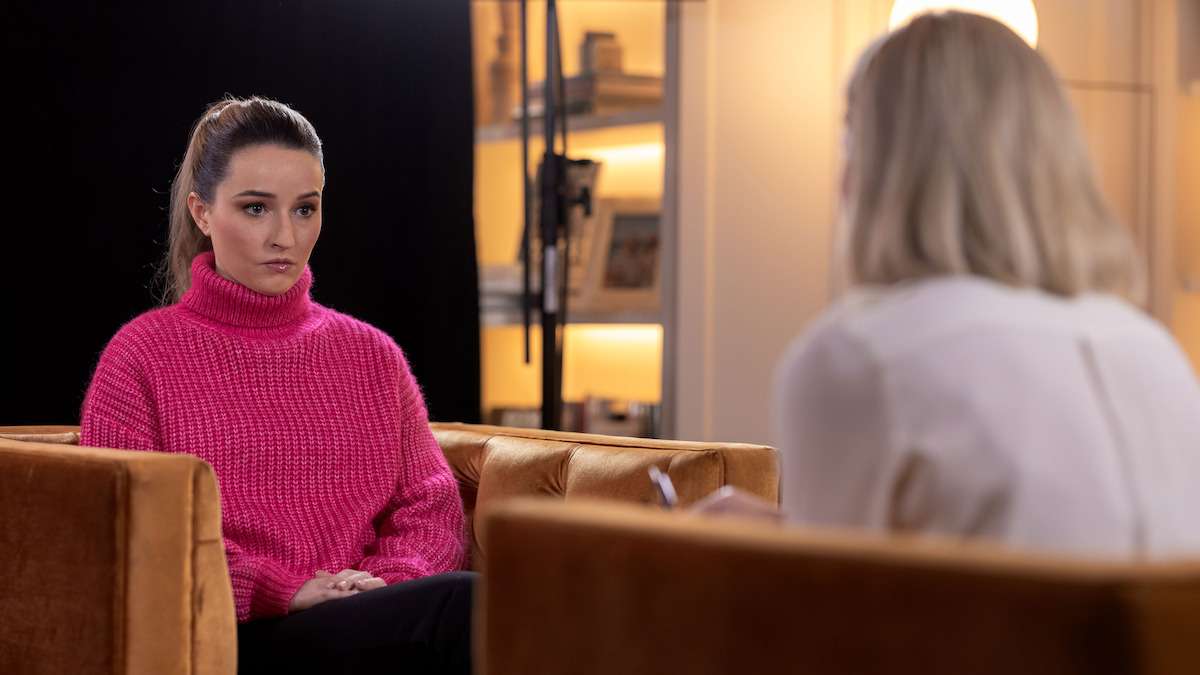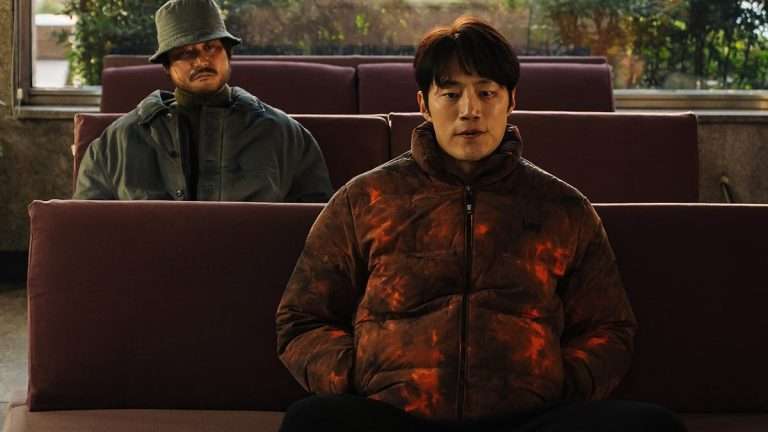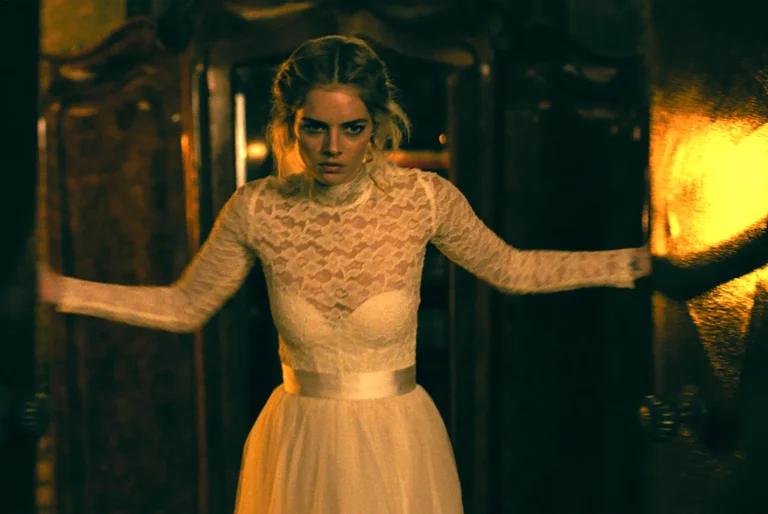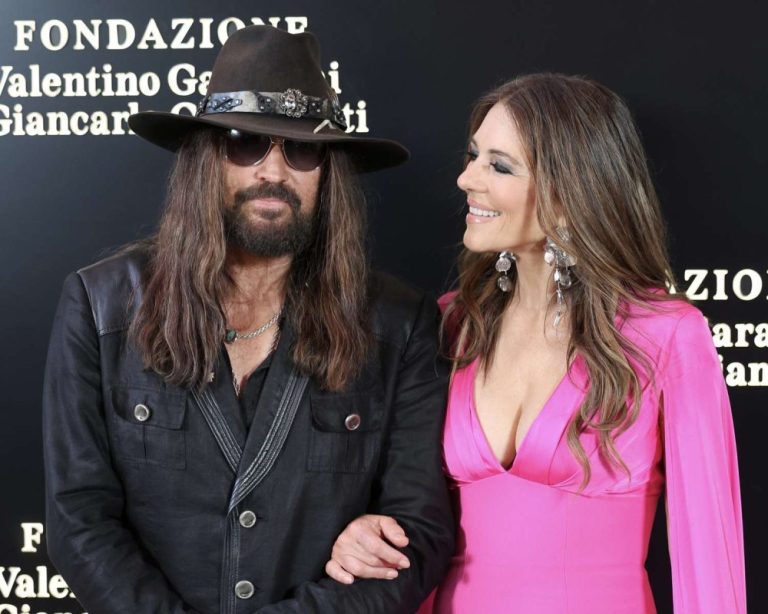Apple Cider Vinegar is a gripping 2025 Australian limited series on Netflix, produced by See-Saw Films. Starring Kaitlyn Dever and Alycia Debnam-Carey, the show dives deep into the world of wellness influencers and the dark side of social media-fueled health trends. The series follows Belle Gibson, a charismatic yet deceitful wellness guru who builds an empire on a lie—falsely claiming she cured her cancer through alternative medicine. Alongside her is Milla Blake, a young woman battling cancer who also promotes holistic healing, only to face devastating consequences.
This drama unfolds like a slow-burning thriller, exposing the power of persuasion, the dangers of misinformation, and the real-world impact of fraudulent health claims. But how much of this story is based on real events? Let’s break it down.
The Real Belle Gibson: Fact vs. Fiction

Belle Gibson is not just a fictional character—she’s based on a real person. In the early 2010s, the real Belle Gibson rose to fame as a wellness influencer in Australia, claiming she had cured her terminal brain cancer through diet and natural therapies. She launched The Whole Pantry, a wellness app and cookbook, gaining a massive following and even securing a partnership with Apple. However, investigative journalists Beau Donelly and Nick Toscano later exposed her for fabricating her entire diagnosis.
Authorities found that Gibson not only lied about having cancer but also failed to donate promised funds from her business to charity. In 2017, she was fined for misleading conduct under Australian Consumer Law. The Netflix series takes inspiration from her story but fictionalizes several elements to explore the broader effects of health misinformation.
Are Other Characters in Apple Cider Vinegar Based on Real People?
While Belle Gibson’s character closely mirrors her real-life counterpart, the rest of the cast in Apple Cider Vinegar is a mix of real-world inspiration and fictional storytelling. Show creator Samantha Strauss aimed to build a complex web of characters influenced by the wellness industry and those affected by its misinformation.
Milla Blake, played by Alycia Debnam-Carey, represents the archetype of young influencers who turn to alternative medicine in desperation. She believes wellness practices will heal her cancer, leading her down a tragic path. Meanwhile, Lucy and Justin are a married couple struggling with Lucy’s breast cancer diagnosis. Lucy initially buys into Belle’s philosophy, rejecting traditional treatment, while Justin fights to bring her back to science-based medicine.
These characters reflect the real-world impact of wellness influencers who promote unverified treatments, affecting those desperately searching for hope.
Belle’s Lies: The Cancer That Never Was
From the very first episode, Belle tells the world she has terminal brain cancer. She posts on pregnancy forums about her condition and later uses her diagnosis to launch her brand. But the truth is revealed in the show’s first episode when a medical report confirms she has no abnormalities—no cancer at all.
So why does Belle lie? The series suggests a mix of psychological and circumstantial reasons. Belle comes from a troubled background, with a neglectful mother and a childhood filled with instability. She craves validation, and her false cancer story becomes her ticket to fame, success, and financial gain. Over time, Belle convinces herself of her own lie, believing she is genuinely helping people with her alternative health advice.
The Fate of Milla, Lucy, and Justin
Milla Blake starts as a vibrant, ambitious young woman. Diagnosed with pleomorphic sarcoma, she refuses the medical recommendation to amputate her arm, choosing alternative treatments instead. Her online brand grows as she shares her wellness journey, inspiring thousands—including her own mother, Tamara. However, Tamara’s blind trust in these methods leads to her death, and soon Milla realizes she, too, is running out of time. By the time she seeks medical intervention, it’s too late. The series ends with a heartbreaking farewell between Milla and her best friend Chanelle before Milla’s funeral takes place in the final episode.
Lucy and Justin’s story, on the other hand, has a more hopeful outcome. Initially, Lucy falls under Belle’s influence, delaying traditional treatment for her breast cancer. Her husband Justin, a journalist, fights to uncover the truth about Belle while trying to convince Lucy to choose science over pseudoscience. In the end, Lucy undergoes chemotherapy and surgery, but the couple also finds a middle ground by incorporating wellness practices like yoga and cold therapy into their lives—this time, in a way that supports medical treatment rather than replacing it.
The Downfall of Belle Gibson
Belle’s empire begins to crack when investigative journalists, including Justin, start questioning her charitable donations. Parents of sick children, whom she had promised to help, demand answers. Eventually, it’s revealed that Belle never donated the money she raised, and her entire wellness empire collapses under scrutiny.
Also, Read – Skincare (2024) Movie Ending & True Story Explained
The most intense moment comes in Episode 6, when Belle is confronted about her lies in a televised interview. Pressed on whether she actually has cancer, she dodges the question with the chilling response: “I really, really hope not.” The series portrays this moment as Belle’s last attempt to cling to her fabricated identity, even as the world turns against her.
With her reputation in ruins, Belle relocates to Los Angeles with her son and partner Clive. But the final scene leaves viewers with an unsettling image—Belle, sitting poolside in the California sun, seemingly unbothered by the destruction she left behind. It’s a haunting reminder that even when exposed, some people refuse to accept the truth.
Conclusion: A Cautionary Tale
Apple Cider Vinegar isn’t just a drama—it’s a warning. In an era where social media influencers hold immense power, the series highlights the real consequences of misinformation. It forces us to question who we trust and the impact of wellness culture when taken to dangerous extremes.
At its core, the show reminds us that hope is powerful—but it must be rooted in truth. As viewers, we are left reflecting on the blurred lines between belief and deception, and the real cost of placing our faith in the wrong hands.
Source: Netflix Tudum




